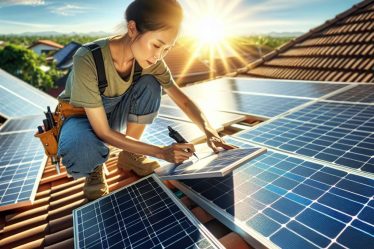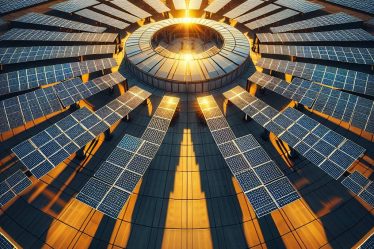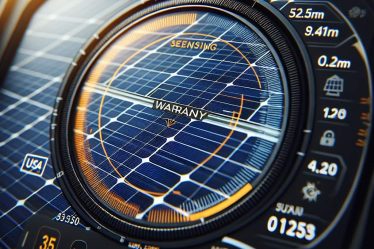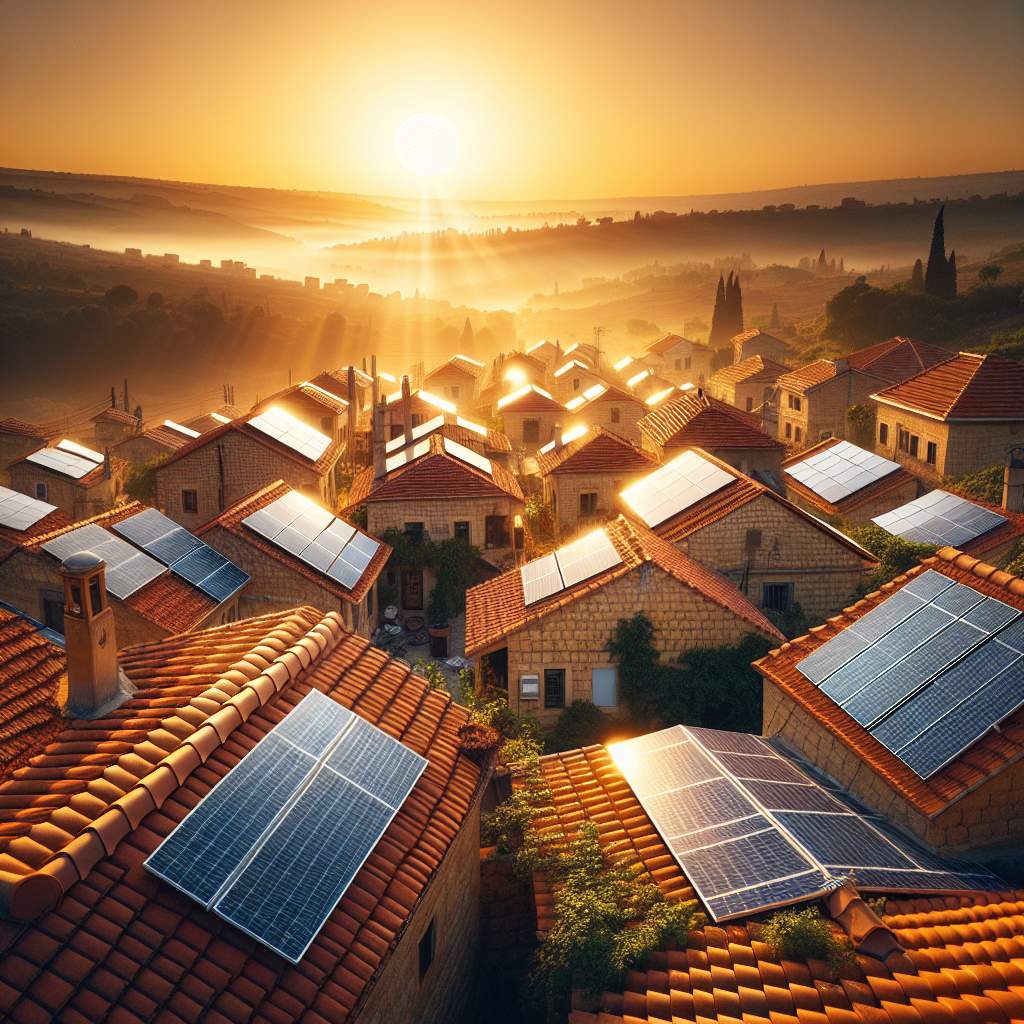
Hey there, sunshine seekers! Ready to dive into the electrifying world of solar energy economics? Lebanon’s energy landscape is undergoing a mighty transformation, and we’re here to shed some light on the cost analysis of solar panel installation. Buckle up as we uncover the jaw-dropping benefits, financial incentives, and environmental impact of going solar in Lebanon. We’ll crunch the numbers, explore the green rebates available, and gaze into the future outlook for solar energy in this vibrant country. Soak up those rays of knowledge as we embark on this illuminating journey together!
Introduction
When it comes to gettin’ solar panels in Lebanon, folks naturally wanna know about the costs involved. Well, let me break it down for ya. The price of installin’ solar panels can vary dependin’ on factors like the size of your home, the type of panels you choose, and any additional equipment needed. On average, in Lebanon, a typical 5kW solar panel system might set ya back around $10,000 to $15,000 includin’ installation. But hold your horses – don’t forget about them sweet government incentives and rebates that can help offset some of those costs.
Now, I ain’t no math whiz but considerin’ the long-term savings on electricity bills and the positive impact on the environment, investin’ in solar power seems like a pretty smart move. Plus, with advances in technology and increased demand for renewable energy sources, it’s likely that the cost of goin’ solar will keep droppin’.
Current energy landscape in lebanon
The current energy landscape in Lebanon is facing challenges, with the high cost of electricity and heavy reliance on fossil fuels. Solar panel installation offers a promising solution to this issue, by harnessing the abundant sunlight in the region. In fact, Lebanon enjoys about 300 days of sunshine per year, making it an ideal location for solar energy generation. However, before diving into solar panel installation, it’s crucial to conduct a comprehensive cost analysis to understand the long-term financial implications.
When considering the cost analysis of solar panel installation in Lebanon, several factors come into play. These include initial setup costs, maintenance expenses, and potential savings on electricity bills over time. Additionally, government incentives and rebates can significantly impact the overall cost-effectiveness of solar panel installation. Therefore, weighing these aspects is essential for individuals and businesses looking to make a sustainable investment in renewable energy.
While the upfront costs of solar panel installation in Lebanon may seem daunting, the long-term benefits outweigh them. Not only does it contribute to environmental sustainability but also provides economic advantages through reduced reliance on traditional grid electricity.
Benefits of solar panel installation
Thinking about installing solar panels in Lebanon? You’re making a smart choice for both the environment and your wallet. With abundant sunshine year-round, solar panel installation can significantly reduce your electricity bills. In fact, it’s estimated that homeowners can save up to 80% on their energy costs after making the switch to solar.
In addition to saving money, investing in solar energy can increase the value of your property. According to recent studies, homes with solar panels sell faster and at higher prices than those without. This means that not only will you be reaping the benefits of lower energy bills, but you’ll also be adding value to your home.
Another attractive benefit of solar panel installation is the potential for government incentives and rebates. The Lebanese government offers various financial incentives for renewable energy projects, making it even more cost-effective to go solar.
By reducing reliance on traditional fossil fuels, you’ll be contributing to a healthier environment for future generations. Solar energy helps in combating climate change by decreasing greenhouse gas emissions and air pollution.
To sum up:
- Saving up to 80% on electricity bills
- Increasing property value
- Government incentives and rebates available
- Contributing to a healthier environment
Cost factors for solar panel installation
When considering the cost of solar panel installation in Lebanon, several factors come into play that can impact the overall investment. The location of your property plays a crucial role, as it determines the amount of sunlight exposure your panels will receive. Additionally, the size and type of solar panels you choose will affect the total cost. Furthermore, labor costs and permit fees are essential considerations that can vary based on the complexity of the installation and local regulations.
In Lebanon, the average cost for installing a residential solar panel system ranges from $5,000 to $15,000 per kilowatt-hour (kWh) capacity. This estimate includes equipment, labor, permits, and other associated expenses. It’s important to note that these figures are approximate and can fluctuate based on individual circumstances.
Overall, while initial costs may seem significant, it’s crucial to recognize that investing in solar energy offers long-term benefits such as reduced electricity bills and potential government incentives or rebates.
Financial incentives and rebates available
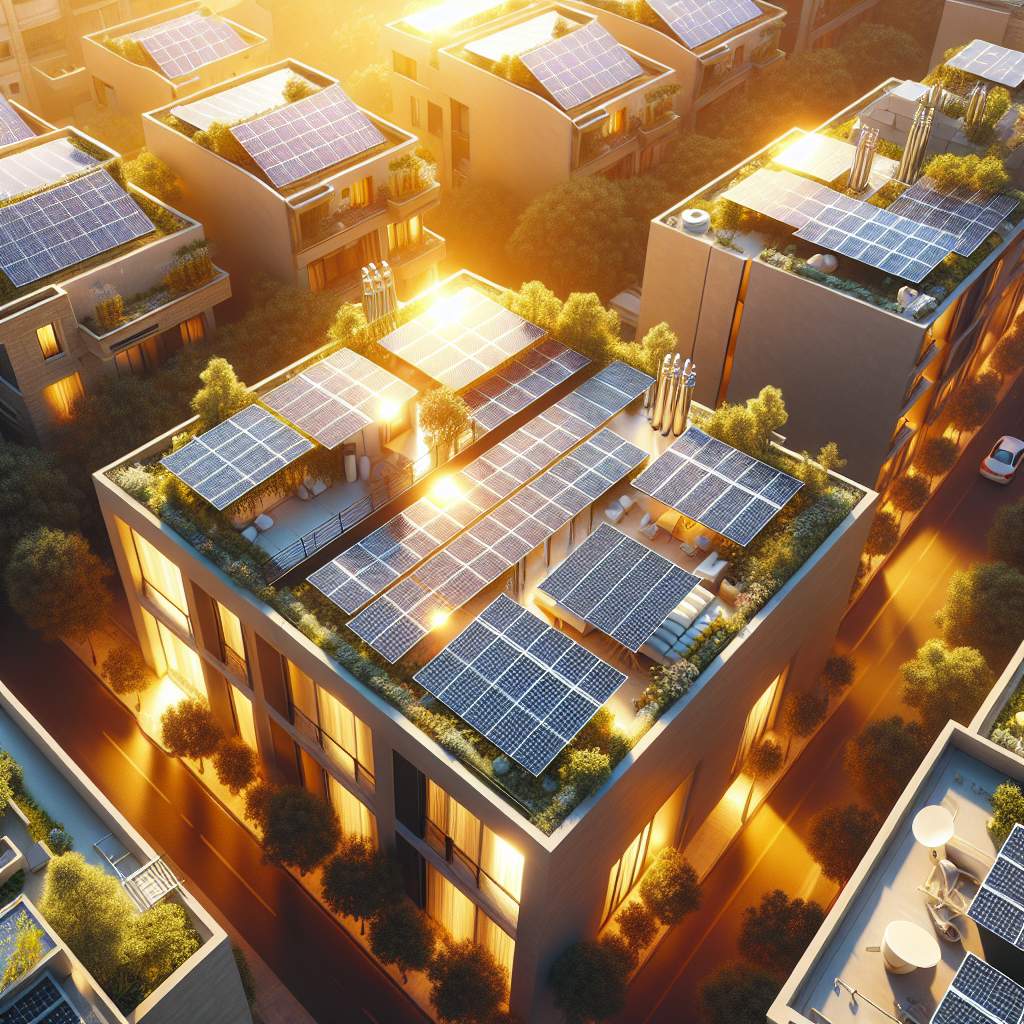
Installing solar panels in Lebanon can be a smart financial move, thanks to the various financial incentives and rebates available. The Lebanese government offers a 50% rebate on the cost of solar panel installation, making it more affordable for homeowners and businesses to make the switch to clean energy. Additionally, there are tax credits and low-interest loans that further reduce the upfront costs.
By taking advantage of these incentives and rebates, you not only save money on the initial installation but also benefit from lower electricity bills in the long run. This makes investing in solar panels an attractive option for those looking to cut their energy costs. Furthermore, using renewable energy sources helps reduce carbon emissions, contributing to a cleaner environment for future generations.
When considering the cost analysis of solar panel installation in Lebanon, it’s essential to factor in these financial incentives and rebates. They play a crucial role in making solar energy an economically viable choice for both residential and commercial properties.
Environmental impact of solar energy
Solar energy has a big impact on the environment, and it’s important to consider this when looking at the cost of installing solar panels in Lebanon. The use of solar energy reduces greenhouse gas emissions compared to traditional energy sources like coal or oil. By harnessing the power of the sun, we can lower air pollution and combat climate change.
In Lebanon, where sunny days are abundant, investing in solar panels is not only a smart financial move but also an eco-friendly one. The country’s commitment to renewable energy can significantly reduce its carbon footprint while creating a more sustainable future for generations to come.
Understanding the environmental benefits of solar energy helps us see that going green isn’t just about saving money; it’s about protecting our planet and preserving its natural beauty for years to come.
Future outlook for solar energy in lebanon
The future of solar energy in Lebanon looks promising. With abundant sunlight, the country is well-suited for harnessing solar power. According to recent estimates, the cost of solar panel installation has decreased by 70% over the past decade. As a result, more households and businesses are considering switching to solar energy. This shift towards renewable energy sources could lead to long-term cost savings and reduced environmental impact.
Government initiatives and subsidies aim to encourage investment in solar energy. These incentives make it even more attractive for individuals and organizations to adopt solar power systems. In fact, experts project that Lebanon’s capacity for generating solar power could increase significantly in the next few years.
As the cost of installing solar panels continues to decline and with supportive government policies, Lebanon’s future in solar energy appears bright.
Conclusion
Installing solar panels in Lebanon can be a smart choice for homeowners. Even though the upfront costs might seem high, the long-term savings on electricity bills make it worth considering. On average, a solar panel installation in Lebanon can range from $10,000 to $15,000 for a standard residential system. However, with government incentives and rebates, this cost can decrease significantly.
It’s important to remember that while the initial investment might be steep, you’ll see a return on your investment over time. Not only will you reduce your carbon footprint by using clean energy, but you’ll also have more control over your electricity costs. Moreover, as technology advances and the demand for solar energy increases globally and within Lebanon, the overall costs are expected to decrease further.
Investing in solar panels is not just about saving money; it’s about contributing to a sustainable future for Lebanon.
Answers to frequently asked questions
1. What are the key factors affecting the cost of solar panel installation in Lebanon?
In Lebanon, the cost of solar panel installation is influenced by factors such as the size of the system, quality of panels, installation complexity, and government incentives.
2. How do government incentives impact the overall cost of installing solar panels in Lebanon?
Government incentives, such as feed-in tariffs and tax credits, can significantly reduce the upfront cost of solar panel installation in Lebanon, making it more financially attractive for homeowners and businesses.
3. What is the average payback period for a solar panel installation in Lebanon?
The average payback period for a solar panel installation in Lebanon typically ranges from 4 to 7 years, depending on factors such as electricity prices, system size, and available incentives.
4. What are the long-term financial benefits of investing in solar panels in Lebanon?
Investing in solar panels in Lebanon can lead to long-term financial benefits through reduced electricity bills, potential income from excess energy production, and increased property value.
5. Are there financing options available to help offset the upfront cost of solar panel installation in Lebanon?
Yes, there are various financing options available in Lebanon, including loans and leasing programs, which can help offset the upfront cost of installing solar panels and make it more accessible to a wider range of consumers.

